A customer's journey with an electric mini vehicle sourced from our platform highlights the practicalities and adventures of international online purchases. The buyer, a first-time user of our platform but experienced in online shopping, was drawn to the mini vehicle as a family-friendly, off-road electric option. Ideal for camping trips and neighborhood jaunts, it presented a unique alternative to traditional power wheels and gas-powered ATVs.
The communication with the seller involved navigating auto-translations, selecting various upgrades, and understanding the financial implications of international shipping and tariffs. Despite the complexities, the buyer successfully navigated the purchase, customs clearance, and delivery, learning about global logistics along the way.
The final cost, inclusive of the vehicle, options, and ancillary fees, reflected the reality of importing small quantities. The buyer's proactive approach, including tracking the ocean voyage and engaging with customs brokers, culminated in a personal pickup from the port. The assembly, albeit challenging due to the lack of instructions, was part of the hands-on experience.
This case underscores the potential of our platform to deliver unique products to international buyers, offering insights into the logistics and satisfaction of acquiring a niche vehicle. It serves as an informative example for businesses considering integrating such items into their offerings.
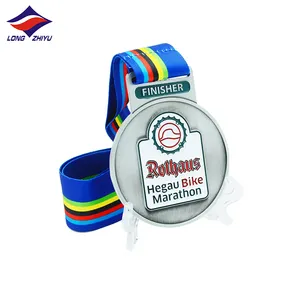






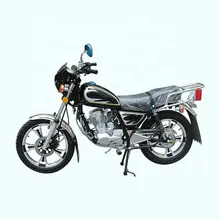


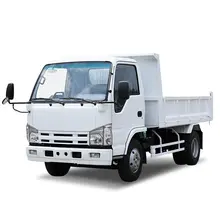




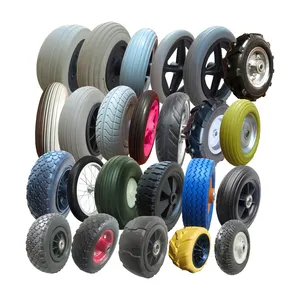
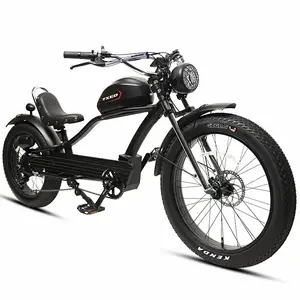














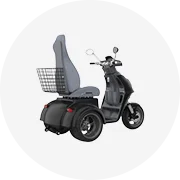








 浙公网安备 33010002000092号
浙公网安备 33010002000092号 浙B2-20120091-4
浙B2-20120091-4